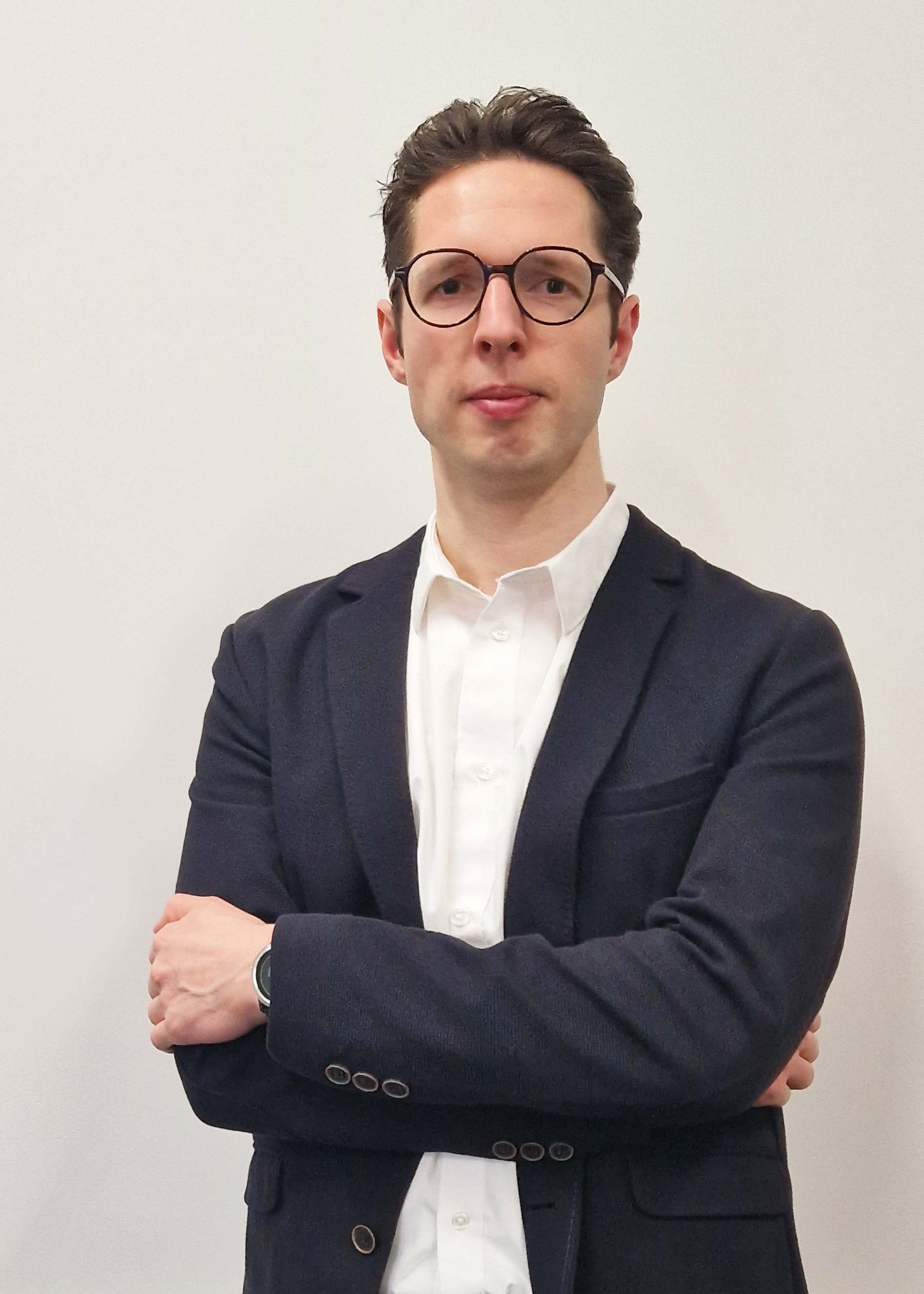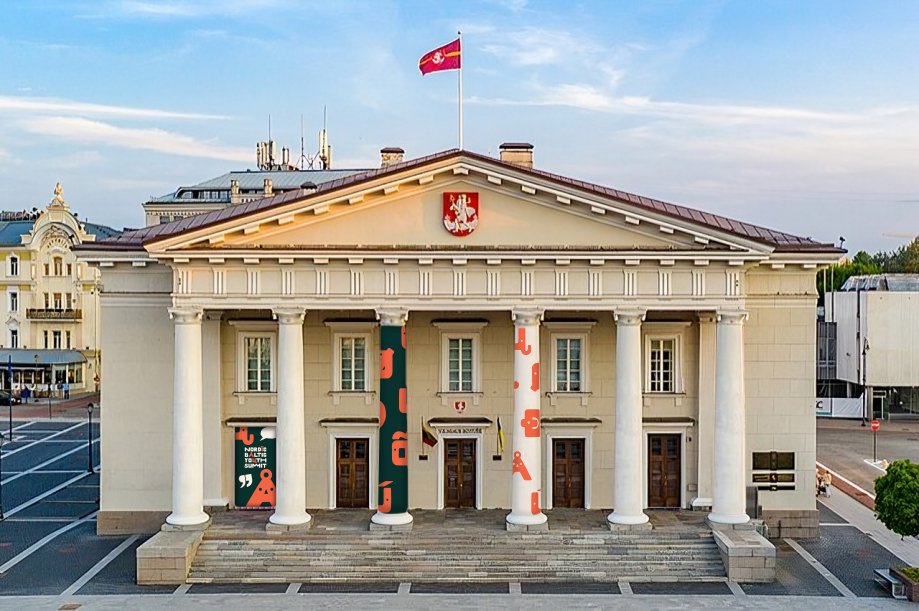Among the top concerns identified by the summit participants were democracy, youth, peace and security, climate change, youth wellbeing, and governance. These issues were spotlighted by a survey conducted prior to the summit, which revealed the urgent need for youth to have a stronger voice in shaping policies that affect their future.
“You are here as you have valuable contributions to give. As you know, our world is changing rapidly: Peace is challenged, we have an increasingly aging population, an anxious youth, a climate crisis, and digital transition that demand new solutions while simultaneously a declining trust in central institutions. This requires a strengthening of our Nordic model, and fundamental, bold changes to our society,” said Karen Ellemann, Secretary General of the Nordic Council of Ministers, during her welcome speech to summit participants.
Key recommendations from the Summit
During the summit, participants engaged in five working groups, each focused on a core theme. Their discussions resulted in actionable proposals informed by national and international best practices.
Youth, Peace, and Security: Participants emphasized the need for better education and tools for youth to contribute to global resilience. Proposals included expanding education on crisis management and societal resilience, as well as addressing the integration of immigrants through municipal mentorship programs. Additionally, media literacy and critical thinking initiatives were suggested to combat disinformation, which is contributing to societal polarization and youth radicalization.
Democracy: The summit identified low voter turnout and the underrepresentation of youth in elections as critical threats to democracy. Proposals included lowering the voting age to 16, introducing a youth quota in national parliaments, strengthening civic education in schools, and encouraging politicians to actively engage with youth by visiting regions and schools.







